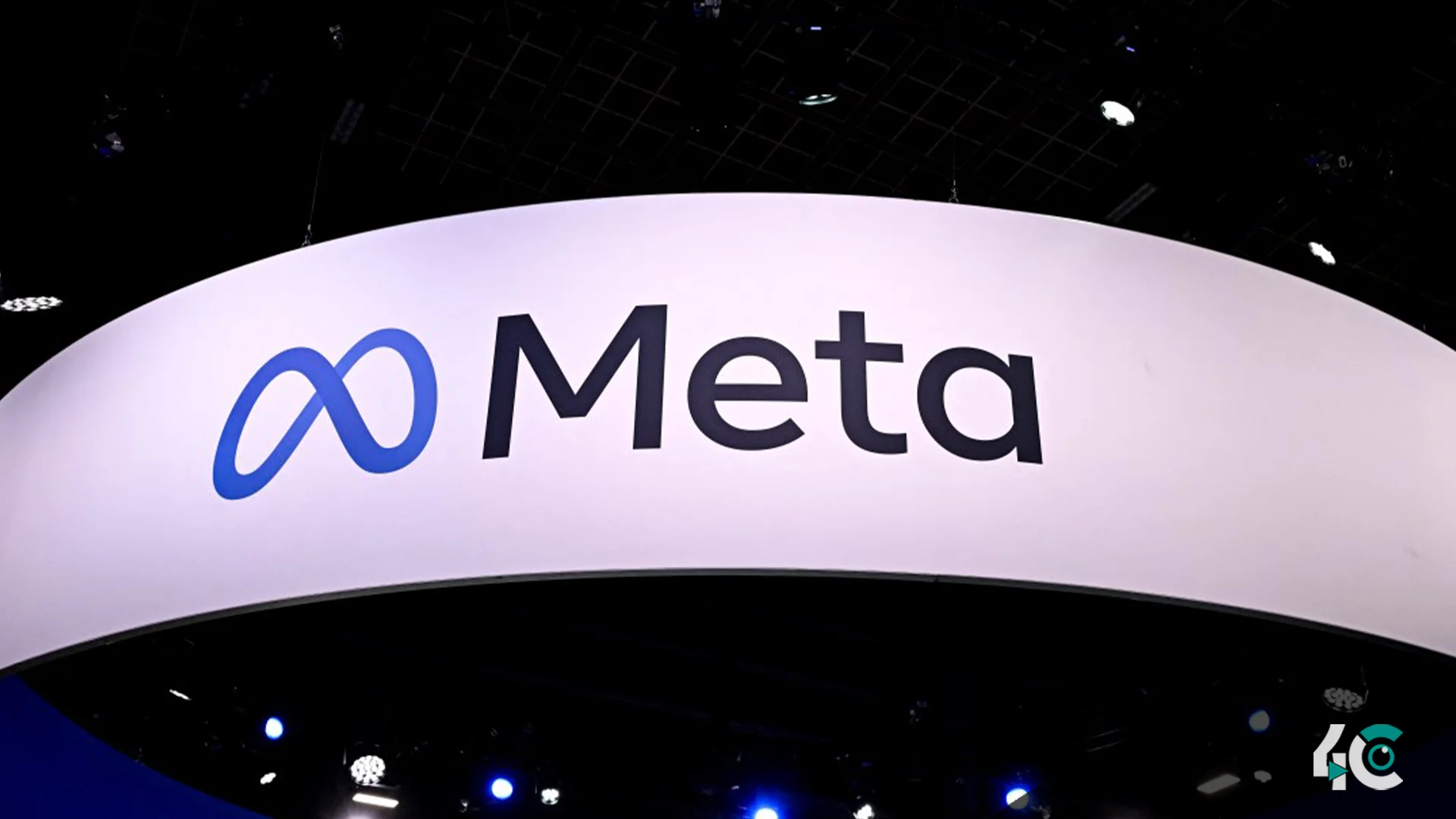Meta, the parent company of Facebook, Instagram, and Threads, is moving away from using third-party fact-checking in the US. Instead, it will incorporate a community notes feature that enables users to contextualize messages. This move represents a substantial shift in how the firm addresses misinformation and protects free speech on its platforms.
According to a recent statement, Meta will test this program in the United States before considering expanding it to other regions. The company noted that the new strategy strives to better balance free expression and content safety. Automated mechanisms will remain in place to combat serious crimes like terrorism, fraud, and child abuse.
Meta CEO Mark Zuckerberg underlined that the adjustment is a return to the company’s primary tenet of freedom of expression. He acknowledged the risks, saying, “This decision means we’ll catch less harmful content but will reduce the unintended suppression of innocent voices.”
The move has elicited diverse reactions. Critics, including Meta’s previous fact-checking partners, argue that discontinuing the program will result in an increase in disinformation and dangerous content. Neil Brown, President of the Poynter Institute, stated, “Facts are not censorship.” Fact-checkers never banned information; instead, they gave clarity.
On the other side, supporters see the transition as an opportunity to reestablish confidence and transparency in online discourse. Zuckerberg also noted that prior efforts to prevent misinformation, while well-intentioned, resulted in declining returns and charges of bias.
Brazil has openly expressed its discontent with Meta’s policy move, citing concerns about the dissemination of hazardous information. The country’s attorney general underlined the importance of rigorous legislation in protecting vulnerable groups and ensuring a safe digital environment.
As the argument continues, Meta’s approach to content management is likely to affect the larger discussion about free expression and platform accountability. We need to wait and see if this new strategy succeeds in creating a balanced online environment.



































